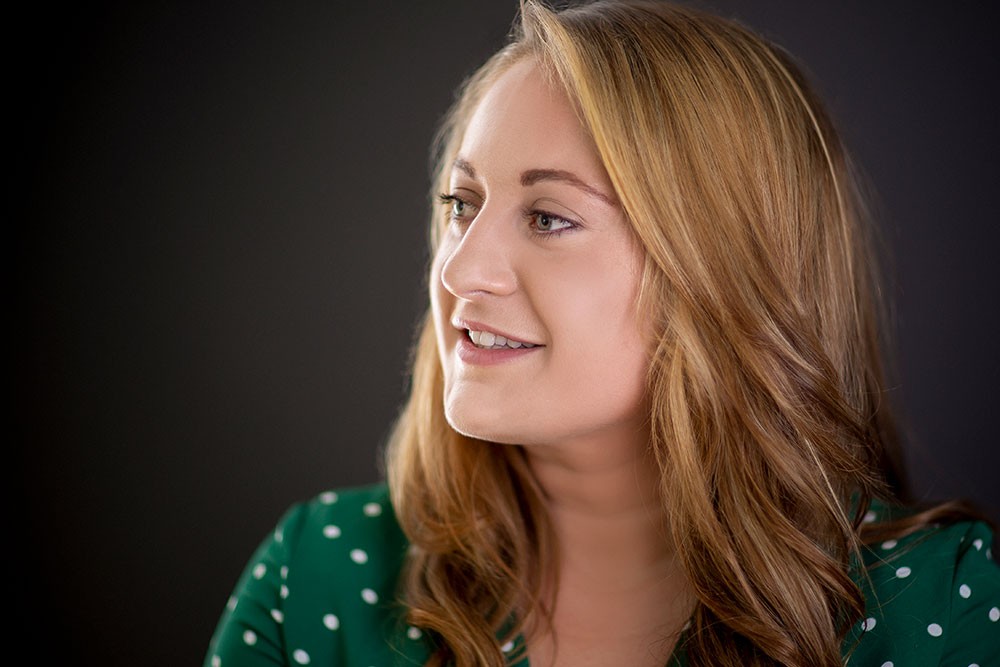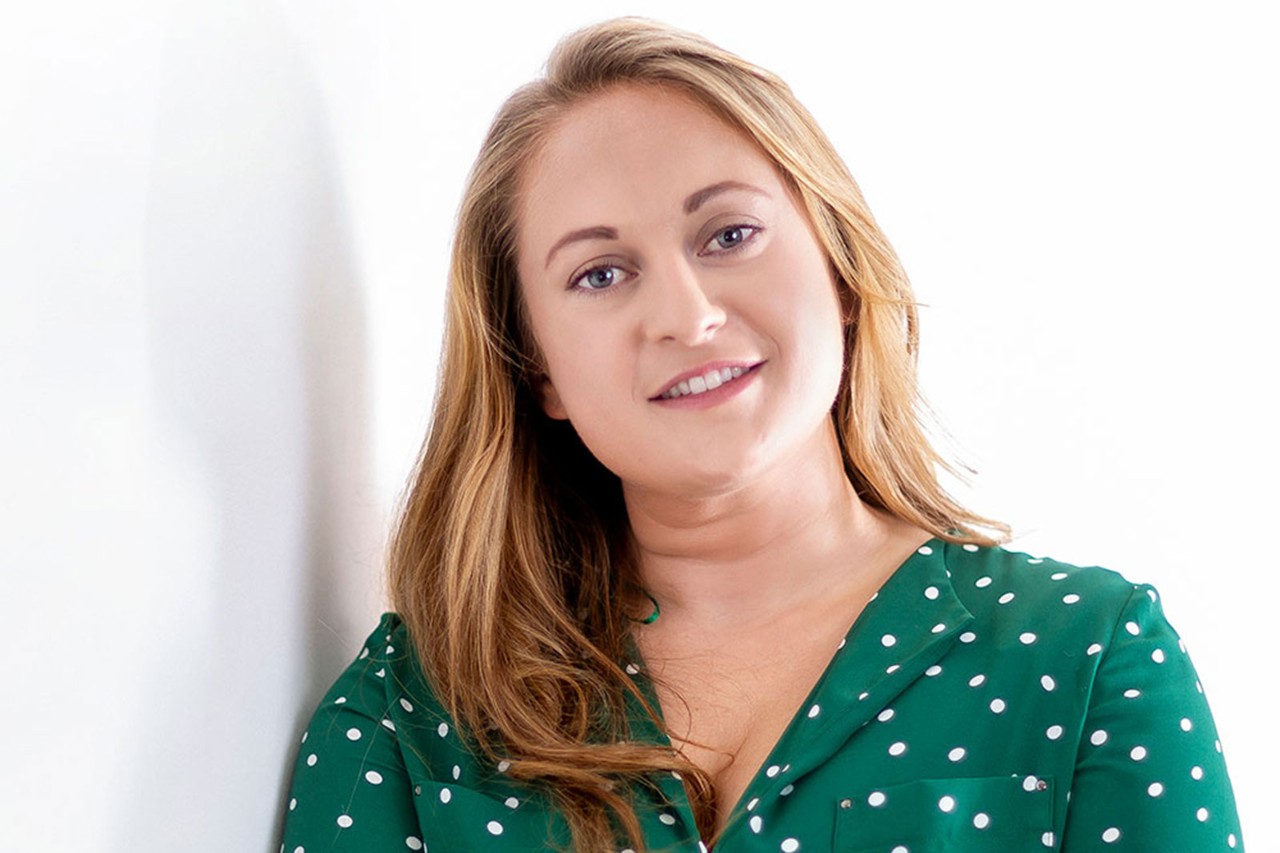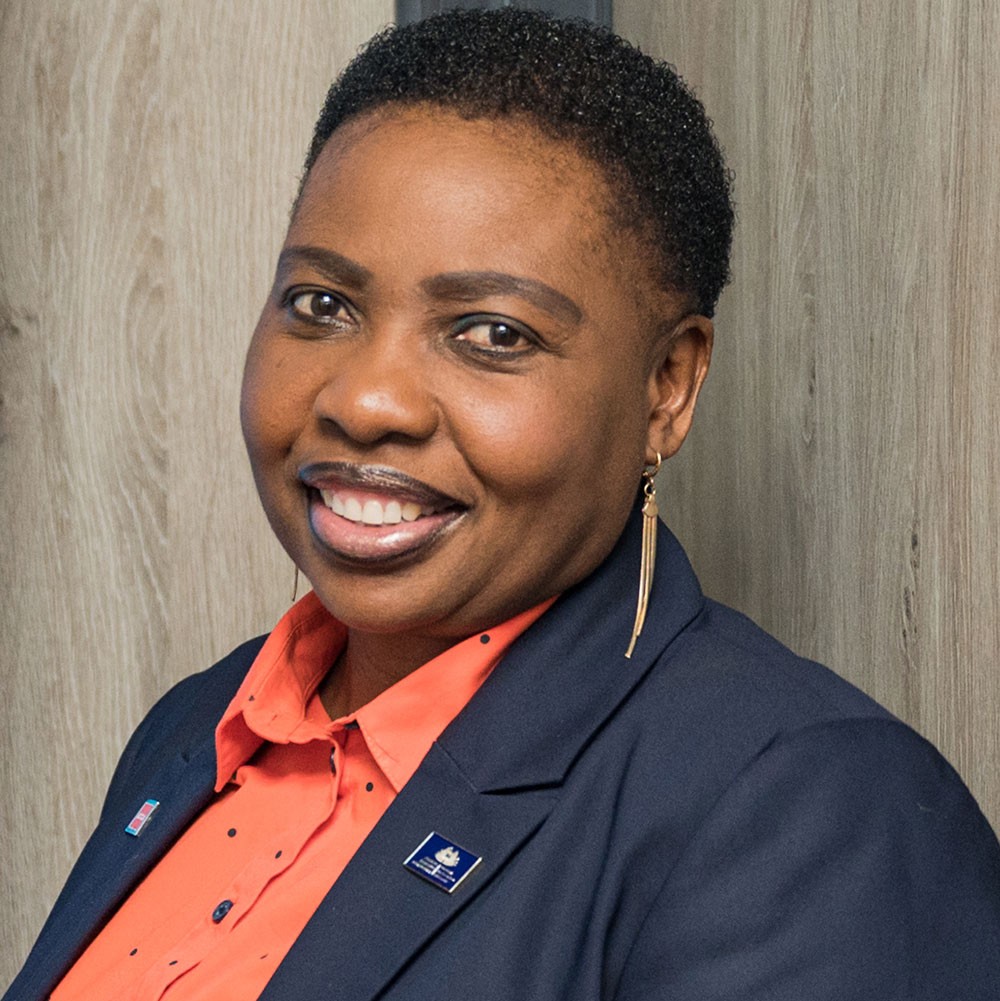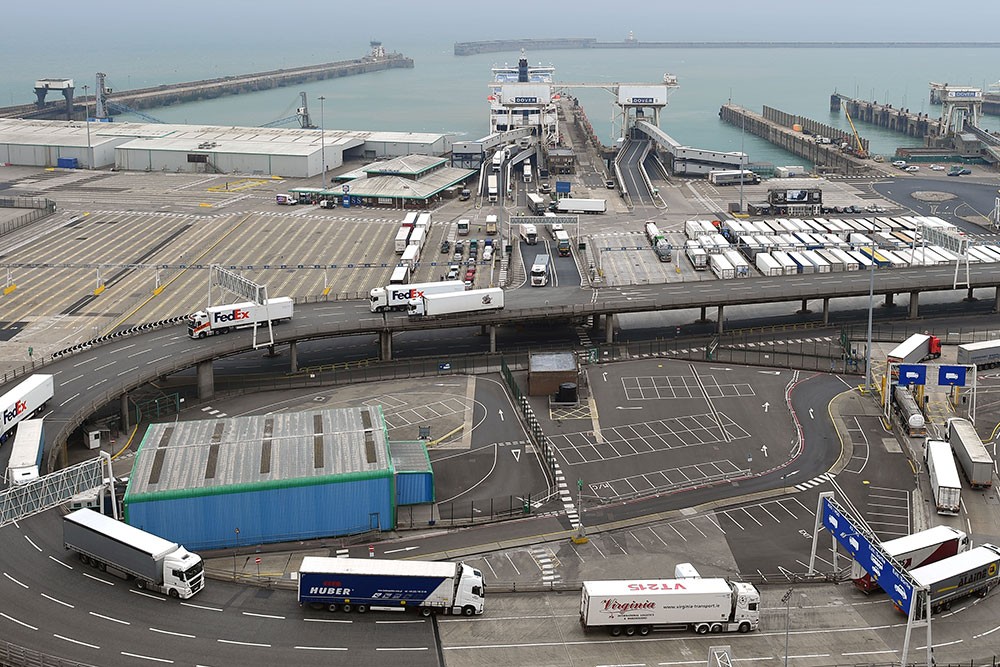
Becky Glover has a lot on her plate. The co-founder of start-up Elizabeth Rose Wines is also FD of telematics software provider VNC Automotive, and starts her day at her wine business at 5am before switching to her role at the tech company at 8.30am. After her evening meal she’s back with her own business for a few more hours.
‘People do ask me how I deal with it all but actually I get a lot of help,’ she explains. With her partner being a busy CFO, ‘we use a housekeeper to manage the chores and have a dog-walker, and delegate wherever we can.
‘We genuinely believe in focus. Other stuff is noise.’
Glover is also driven by something she says you absolutely must have in the wine trade: passion.
‘You have to love it,’ she says. ‘The sociability, the variety, the decadence: you can spend hundreds of pounds on a single bottle or be someone who only spends £20, but that wine shouldn’t be enjoyed any the less.’
CV
2019
Launched Elizabeth Rose Wines
2018
Finance manager, then finance director, VNC Automotive
2016
Senior accountant, Prometic Bioseparations (now Astrea Bioseparations)
2012
Assistant accountant, then semi-senior accountant, Price Bailey; completed ACCA Qualification
2009
Trainee accountant, PW Accountants
2008
Accounts trainee, Adams Harrison Solicitors
Business born of frustration
Elizabeth Rose Wines, which specialises in only English and Welsh wine, was born out of frustration. Glover went on a short wine-tasting holiday with her old friend Sara Thake in Cornwall and was impressed with the wines and the setting.
‘The vineyards we toured were idyllic and the wines were superb, produced by small, passionate businesses,’ she recalls. ‘We were shown around by the owners and it just clicked for us. We thought it was incredible.’
The problems started when Glover returned home and tried to buy some English wine online. She found that she had to visit many different websites, which often were not good. Delivery times were poor and she would usually have to buy a minimum of six bottles.
‘This can be a lot to fork out for a wine you haven’t tried before so you often end up buying nothing,’ she says. ‘If it’s that hard for someone who’s really passionate, then how difficult is it for someone just wanting to try some English wine?’
Farewell, technical and stuffy
As both Glover and Thake have business backgrounds, they decided to launch Elizabeth Rose Wines, (taken from their middle names), selling only English and Welsh wine, and offering a really different and user-friendly site.
‘As 29-year-old women, we don’t have the image or approach of the middle-aged male connoisseur,’ Glover says. ‘We avoid the technical and stuffy language of wine.’
The pair were careful when developing the website to ensure it was really accessible, and they have not used traditional wine magazines for advertising and marketing.
‘We use a lot of social media and technology,’ she adds. ‘We show what we may be drinking with our supper tonight and the customer clicks on a link to go straight to that wine. We want to make it as easy as possible.’
Burgeoning industry
There are more than 500 vineyards in England and Wales producing wine of a high quality. The soils and climate of southern England are perfect for the grapes used in champagne, such as Chardonnay and Pinot Noir.
English Sparkling Wine now regularly beats famous French Champagnes in tastings, and at around £35 is similar in price.
Still wines have also caught up and are highly rated, often using less well-known grapes that grow well in England, such as Bacchus, Dornfelder and Ortega. East Anglia, in particular, is becoming renowned for its red wines.

Basics
139
Number of English and Welsh wines and spirits in stock
Awards
England and Wales Specialist Shortlist, Decanter 2020 awards; Liquor Retailer of the Year, CorporateLiveWire, February 2020
3,475
Number of followers on Instagram
2,000
Number of bottles sold in first nine months of trading
Different pitch
The main challenge for the business is cost. An average bottle of Australian, Italian or French wine sells for around £6, but for an English wine this will be around £15 or more. With English vineyards often only producing a few thousand bottles of a wine, rather than several million, the costs are inevitably higher.
‘You have to pitch it differently,’ explains Glover. ‘Once you’ve pulled the customer in, you have to show them why they should be spending more money than they would in the supermarket. The next challenge is to keep them coming back.’
Name recognition can be an issue, too. Champagne is world famous; ‘English Sparkling Wine’, Glover admits, ‘doesn’t roll off the tongue. You’ve got to get people to make the choice to try something new.’
Locally produced benefits
The concern people have for the environment also strengthens the English brand. A Pinot Noir that has travelled 12,000 miles from a producer in New Zealand will have a vastly greater carbon footprint than one from 30 miles away, delivered by a small van.
Customers like the environmental side but they also appreciate the economic benefits of supporting vineyards that are local employers.
This desire to help local businesses was even more evident at the height of the Covid-19 pandemic.
The business, which Glover and Thake founded with £20,000 of their own savings, saw record sales during the lockdown, as consumers avoiding supermarkets and unable to get any delivery slots embraced online businesses. Contact-free deliveries also reduced anxiety.
As a result, revenue in Elizabeth Rose’s first 10 months – at the time of writing – was £35,000.
‘We were busier than at Christmas, New Year and Valentine’s Day,’ Glover says. ‘People needed to find a new place to buy wine and wanted to help small businesses out. We did very well out of the lockdown.’
It hasn’t all been plain-sailing, though. Glover and Thake’s need for agility in managing the start-up wasn’t met from all quarters. For example, Glover says that it took them six weeks to open a bank account with a big-name high street bank. ‘It was a real challenge because being fast paced is really important for how we work as individuals and for how the business works. We have now opened a bank account with Starling, which was approved in less than 24 hours!’
Tips
- ‘If you’re thinking of setting up a business, go for it! If you don’t do it, you’ll never know.’
- ‘Don’t think you’ll have the perfect product when you start. If you wait for perfection, then you will never launch. Viable is what you need – which, with customer feedback, you can then improve on.’
- ‘It will take more money, time, and dedication than you realise. You will be living and breathing the business.’
Professional appreciation
Glover’s business is approaching its first birthday. Throughout its development, Glover says her ACCA Qualification – achieved while she was working full time, after leaving school at 17 – has been ‘wildly helpful.
‘It gives you a solid understanding of what makes money; then there is the technical, strategic and legal side of ACCA. It gives you all you need to set up a business successfully.’
She has also found that the qualification helped her with tasks such as communicating with a range of stakeholders.
‘When people in other businesses know about my background, they open up,’ she says. ‘They trust your opinion more. You have a presumed level of knowledge, which is hugely beneficial.’
Rising before dawn and pitching into a long day, working at the weekend, planning for five vineyard visits in a single day in order to keep abreast of what is out there, all while performing a demanding FD role, might not be a lifestyle that appeals to everyone. However, Glover sees things differently.
‘If you really enjoy something, it doesn’t feel like work,’ she says. ‘We’re really passionate about English and Welsh wine. It’s that passion that has me up checking product photos at midnight.’





